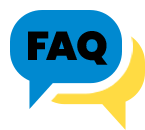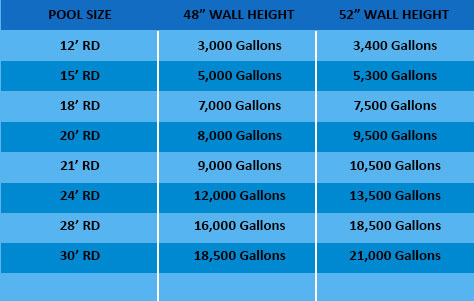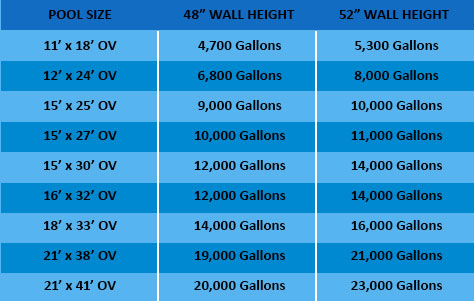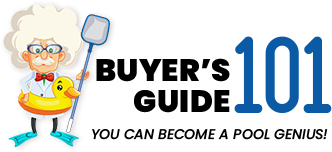
 YOU ASKED
YOU ASKED How do I know how many gallons my pool is?
[open]
How do I know how many gallons my pool is?
[open]



 Is a bigger pump better?
[open]
Is a bigger pump better?
[open]

 What are some other things to consider?
[open]
What are some other things to consider?
[open]

 PUMPS
PUMPS
 Deciding Horsepower
[open]
Deciding Horsepower
[open]

 Picking from the Speed Options
[open]
Picking from the Speed Options
[open]

 Important Tips
[open]
Important Tips
[open]

 WE RECOMMEND PUMPS
WE RECOMMEND PUMPS